Places and Objects in Turnu Magurele Municipality
Ruins of a medieval settlement

Bridge over the Sai River, west of Turnu Magurele

The water tower in Turnu Magurele

Saint Charalampius Cathedral, Turnu Magurele

Central Park, Turnu Magurele

Children's Club, Turnu Magurele

Court of Justice of Turnu Magurele, Turnu Magurele

Flakara Cinema, Turnu Magurele

Independence Monument, Turnu Magurele

Dorobantsi statue, Turnu Magurele

Statue of Mircea cel Butran, Turnu Magurele

Bust of General Praporjescu, Turnu Magurele
Interactive map

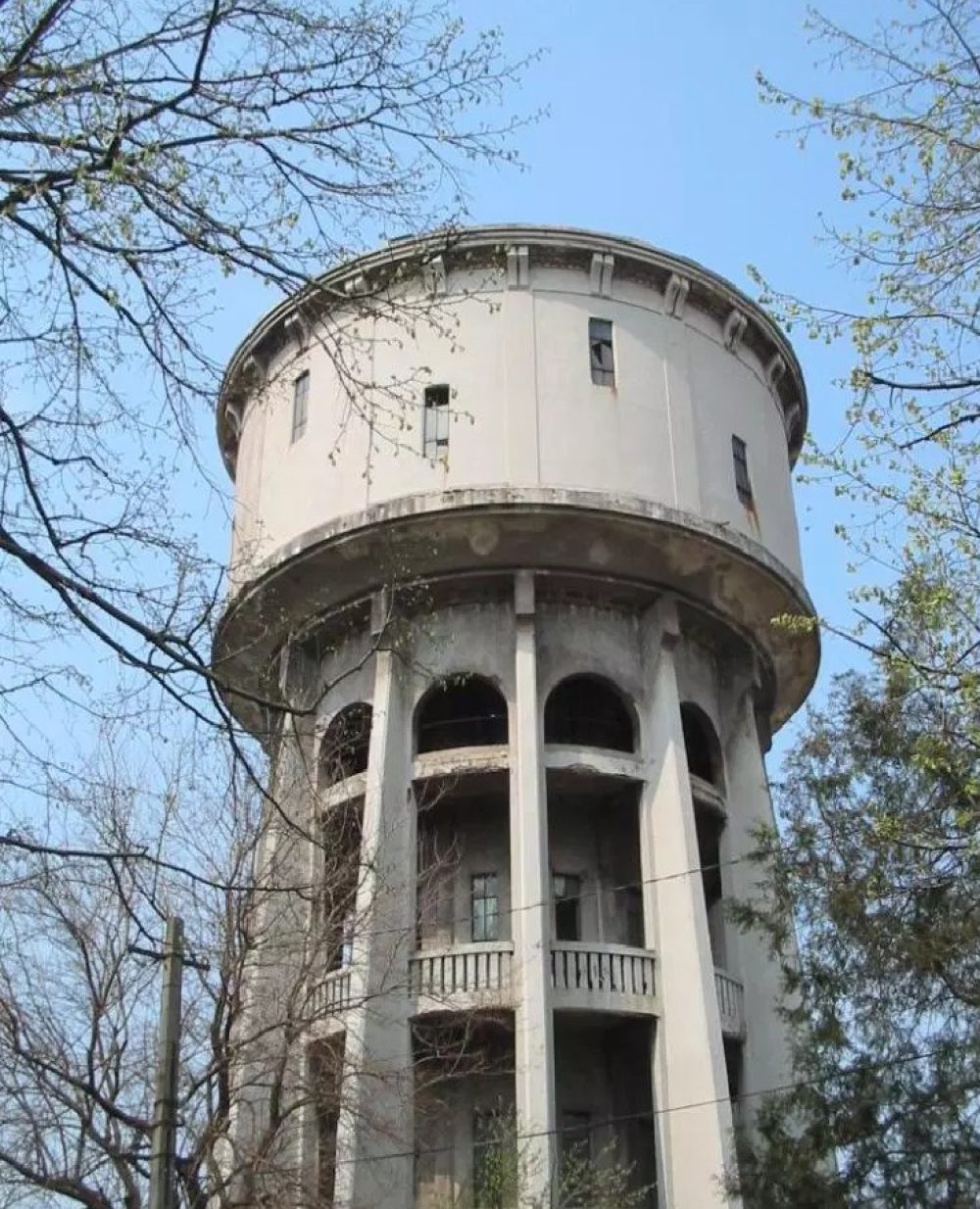
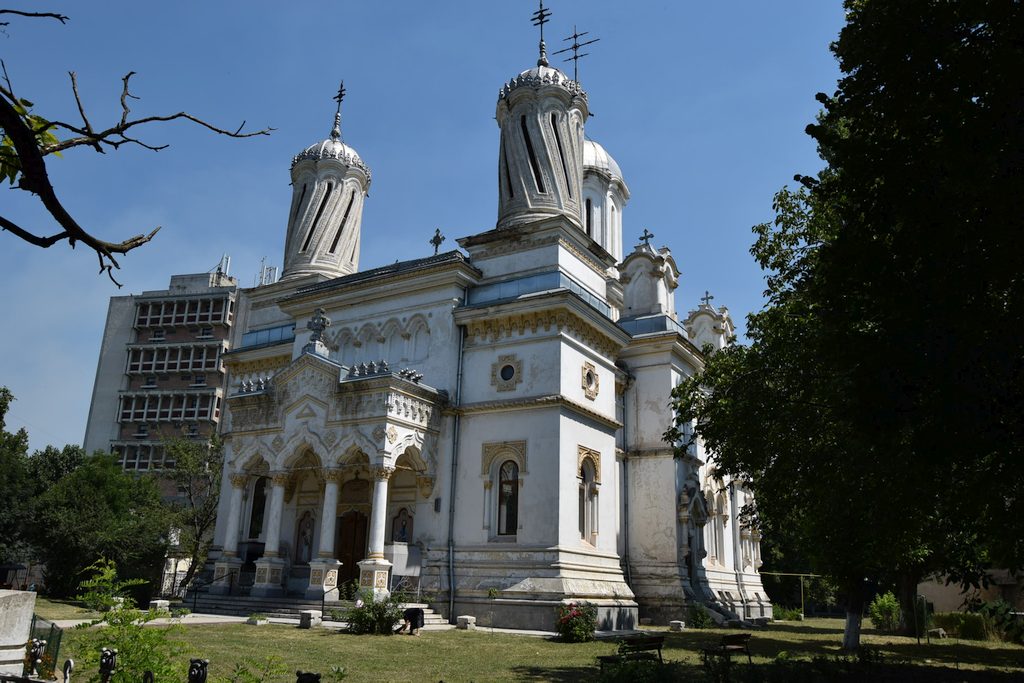
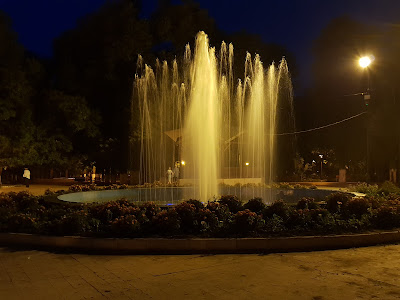

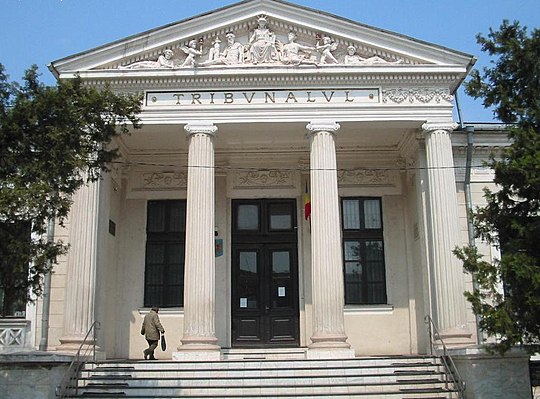

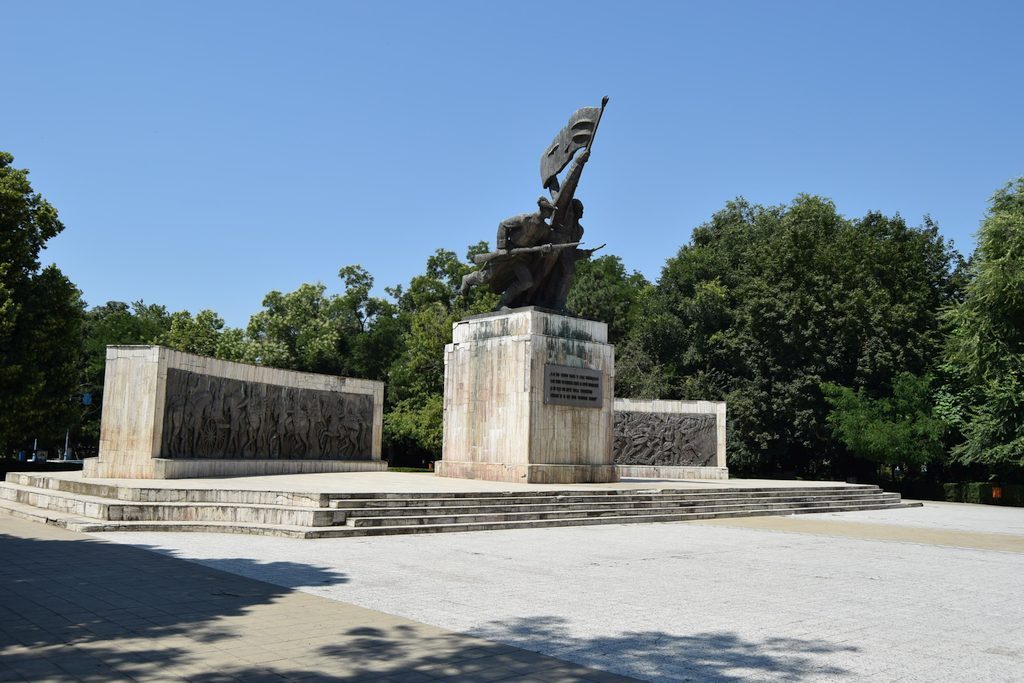
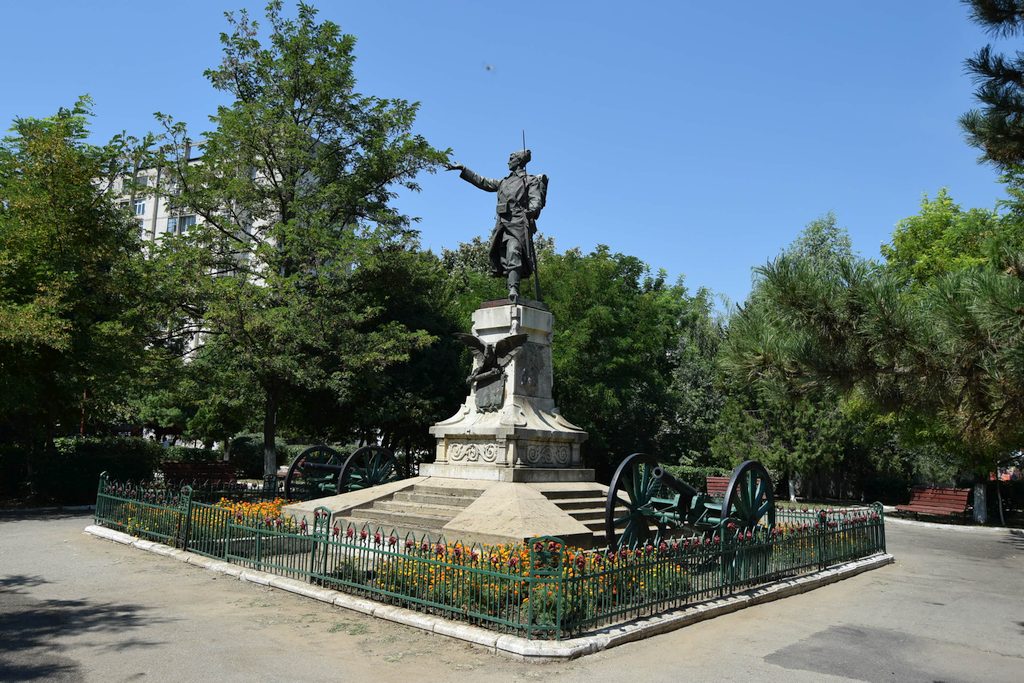
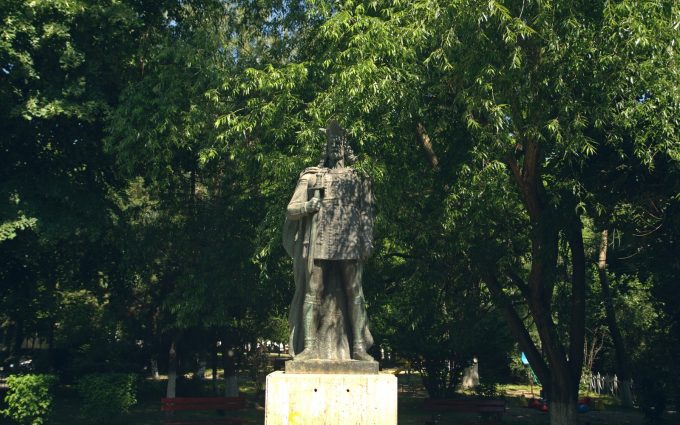
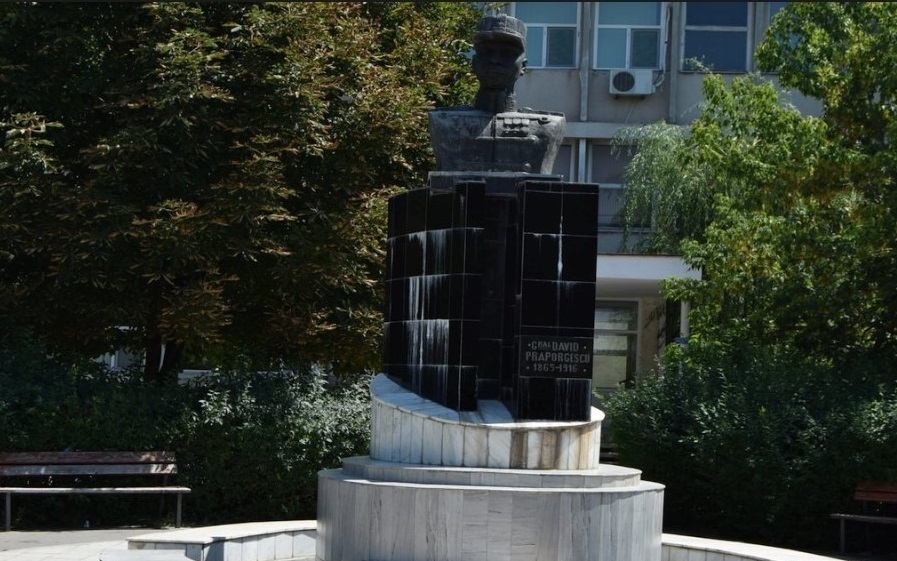
The ruins of the medieval village of Turnu are located in the southern part of Turnu Magurele at a distance of 4 km from the city and 1 km from the confluence of the Danube and Olt rivers. According to historians, the first reviews of the fortress on the left bank of the Danube appear from the second century AD, and in ancient documents the fortress is mentioned as a "strong fortification".

The bridge over the Sai River is located in a section of an old road route closed to traffic, located south of and parallel to the DN 54 road, which connects the towns of Turnu Măgurele and Islaz. This section of the old route starts as a westward continuation of Strada Popa Săpcă Street and merges into DN 54 eastward, to the banks of the Olt River.
The elegant steel-framed bridge was built in 1917, during the German occupation. It was a strategic target for conducting military operations. The bridge is depicted on postcards as an important tourist site for the region.

The water tower, Turnu Măgurele is located on 1st of December Street No. 8. It was built in 1915 to supply the city with water. It has been declared a historical monument. The water tower rises to a height of 27 meters and is the tallest structure in Drobeta. It was built in a historical style, at the highest elevation in the city, 104 meters above sea level, to ensure the city's water supply. During the First World War, the tower was used by the German army for observation. In 2010, the tower was included in a modernization and restoration project. The design proposal is for the building to house a tourist information center, an exhibition space and an art gallery, a museum "History of the water supply of Drobeta Turnu Severin municipality", an exhibition with photographs and sculptures, a literary cafe and a viewing platform.

The Cathedral "St. Haralampii" in Turnu Magurele is considered the most representative monument of church construction from the beginning of the 20th century in Teleorman County.

The official establishment of the town of Turnu, today's Turnu Magurele (named so as to distinguish it from Drobeta Turnu Severin and Turnu Roshu) was decided on February 27, 1836 during the reign of ruler Alexandru Ghika.

The children's club is located opposite the railway station in the northern part of the city. Until 1945, the building was used by the Regional Chamber of Agriculture and as a boarding school for the Agro-Industrial High School. The architecture of the building is in Byzantine style with rotundas, columns and inlays.

The Tribunal - the Palace of Justice was built in 1893 according to the French model. The building is used today by the Teleorman District Court. The building has impressive proportions, harmony and functionality, characteristic of Italian master builders. In 1923, a new wing was built, and in 1997, the building was completely renovated.

Plamuk Cinema is a chic building, opened in 1928, in Romanian architectural style. It is located in the Central City Park and resembles a city theater, with a capacity of 375 seats.

The monument was erected in 1985 by a group of architects from Bucharest. It is located on the main avenue at the entrance to the central park of Turnu Magurele.

The statue of Dorobantsi was made by the Italian sculptor Raffaello Romanelli in 1907, in honor of the feat of the infantrymen in the War of Independence in 1877-1878. The statue was made in memory of Corporal Nikola Tudorika - popularly known as "Tudorika Dorobantu", who fell heroically in the battles of this war. The statue depicts an armored warrior - a dorobant, with his right hand raised forward and a hat, the keel a little backwards. On the pedestal of the monument there are bas-reliefs depicting battle scenes and an eagle with outstretched wings grasping with its claws a "letter" with the names of the heroes. Two Turkish cannons, captured by the Romanian soldiers in Pleven, are displayed on both sides of the monument.

Mircea cel Butrun is a national hero who rebuilt and strengthened the Turnu fortress as a defense against the Ottoman invasion. The monument is made of bronze and erected in 1968 by the sculptor Oscar Khan from Bucharest.

The bust is the work of the sculptor Gheorghe Iliescu-Culineschi, in honor of General David Praporgescu, who fell on the front during the First World War.
Geocoding Error Occurred.
Tried to Geocode:
Error Type:
Please be sure to follow the tutorial on how to setup the Google APIs required for the Advanced Google Map Widget.
Google Map API Key Tutorial